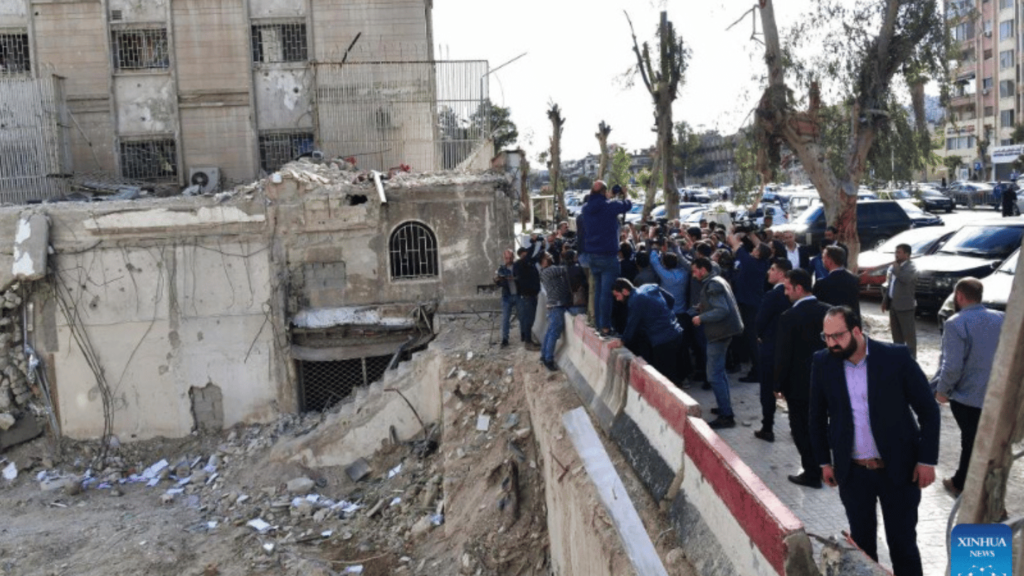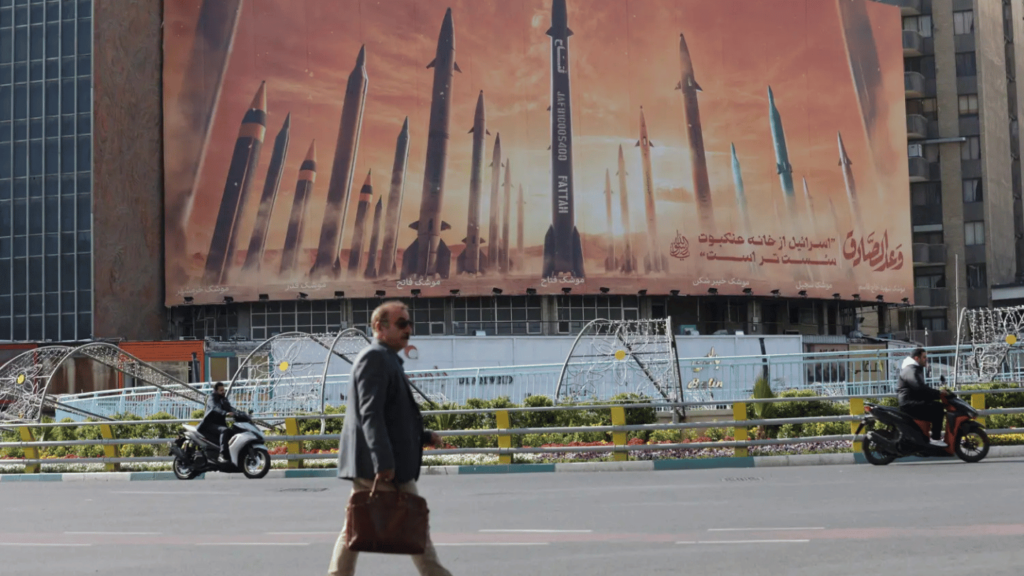
Israel vs Iran: Israel conducted a series of overnight airstrikes on Iran, targeting what it identified as “military targets.” These strikes had been anticipated for weeks, serving as a retaliation for an earlier Iranian missile attack on Israel. The operation reflects the ongoing tensions between the two nations, as each side responds to perceived threats and aggressions.
Israel’s Recent Attack on Iran: Reasons Behind the Timing
Israel vowed to respond after Iran launched a ballistic missile attack on October 1, firing over 180 missiles at Israel. Most were intercepted, but some hit military bases, resulting in one Palestinian death from a falling missile casing.
Israel had not specified when or how it would retaliate, leading to speculation about the potential scale of its response. The early Saturday attack focused on missile manufacturing and launch sites, as well as other aerial capabilities.
Iran claimed its October 1 attack was in retaliation for the deaths of key leaders from Hezbollah and Hamas, along with a senior Iranian commander. Hezbollah leader Hassan Nasrallah and Brigadier General Abbas Nilforoushan were killed in a September 27 Israeli strike in Beirut. Hamas leader Ismail Haniyeh died in an explosion in Tehran on July 31, which Iran blamed on Israel.
This was Iran’s second direct attack on Israel, following an earlier assault involving about 300 drones and missiles in April, which Iran launched in response to an Israeli strike that killed 13 people in Syria, including members of the Quds Force.
In response to the October missile and drone attack, Israel targeted sites in Iran’s Isfahan region nearly three weeks later. U.S. officials confirmed the attack, which aimed at Iranian radar systems. This limited strike signaled Israel’s capability to target Iranian military assets.
Israel vs Iran were once allies, but the 1979 Islamic revolution changed that, leading to a regime that opposes Israel as a key part of its ideology. Iran does not recognize Israel’s right to exist and aims for its destruction. Supreme Leader Ayatollah Ali Khamenei has called Israel a “cancerous tumor” that will be “uprooted and destroyed.”
Israel views Iran as an existential threat due to its aggressive rhetoric, the buildup of proxy forces like Hezbollah, and support for Palestinian groups such as Hamas. Additionally, Israel accuses Iran of secretly attempting to develop nuclear weapons, a claim Iran denies.

Israel vs Iran
Israel vs Iran : Nuclear Arsenal: Do Iran and Israel Have Nuclear Weapons?
Israel is believed to have nuclear weapons but officially maintains a policy of ambiguity regarding its arsenal. In contrast, Iran does not possess nuclear weapons, though Western nations suspect it may be secretly trying to develop them. Iran firmly denies any intentions to obtain nuclear weapons.
Both countries have civilian nuclear programs, but Iran has faced suspicion for decades over a possible covert program to produce enriched uranium for nuclear bombs and the missiles to deliver them.
In May, the head of the global nuclear watchdog indicated that Iran was “weeks rather than months” away from acquiring enough material for a nuclear bomb. However, this statement does not imply that Iran is close to actually building a bomb, as it would need to enrich that material to military grade and acquire warheads, which it is not believed to have.
Israel is not a signatory to the Nuclear Non-Proliferation Treaty (NPT), while Iran is. The NPT aims to prevent the spread of nuclear weapons and requires member states to allow inspections of their nuclear facilities to ensure they are used for peaceful purposes.
A 2015 UN-backed agreement aimed to limit Iran’s nuclear activities in exchange for the lifting of economic sanctions. However, this deal largely fell apart after then-President Trump withdrew the U.S. from the agreement in 2018. Since then, Iran has intensified its nuclear program.



